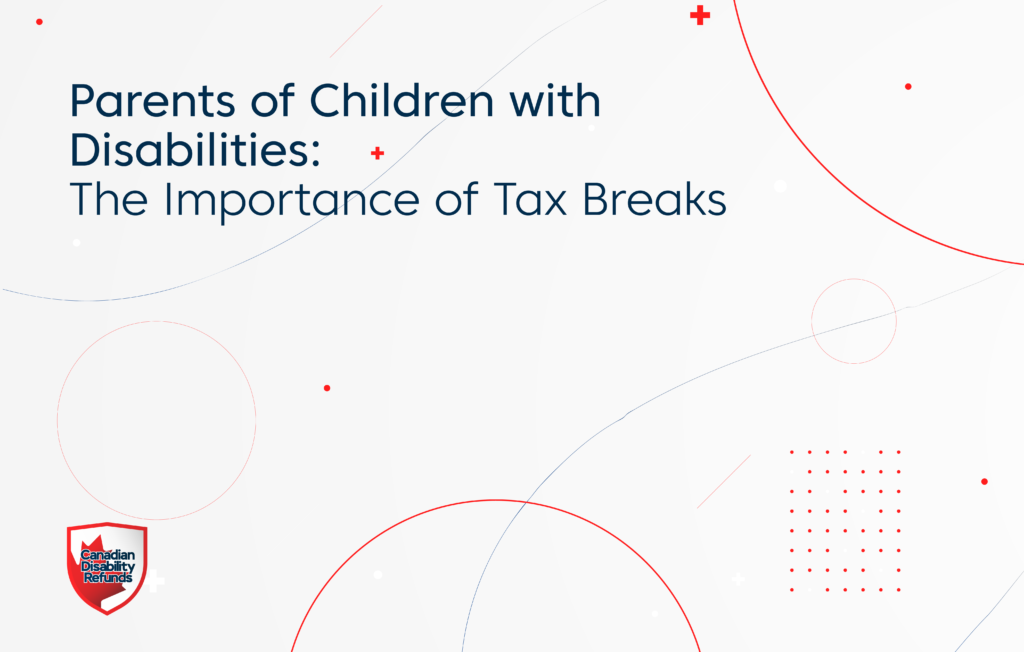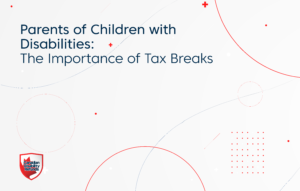Raising a child with a disability can be
a challenging and expensive journey, which is why governments offer tax breaks
to help families offset the costs of care. These tax breaks can help you reduce
your tax bill and save money, but only if you take advantage of them. In this
article, we’ll discuss the importance of maximizing your eligible tax breaks
when supporting a child with a disability.
Understanding Your Eligibility
Before you can take advantage of tax
breaks for supporting a child with a disability, you need to understand your
eligibility. Each country has its own tax laws, so it’s important to research
and understand the specific tax breaks available to you. For example, in the
United States, families with disabled dependents may be eligible for the Child
and Dependent Care Credit, which can be claimed for expenses related to caring
for a child or dependent with a disability. Similarly, in Canada, the
Disability Tax Credit can help reduce taxes for families with children with
disabilities.
Claiming Your Deductions and Credits
Once you understand your eligibility,
it’s important to claim all of the deductions and credits you are entitled to.
Deductions and credits reduce your taxable income, which in turn reduces the
amount of tax you owe. In addition to the Child and Dependent Care Credit and
Disability Tax Credit mentioned above, families may also be eligible for
deductions or credits for medical expenses related to their child’s disability.
Keeping Accurate Records
To claim tax breaks for supporting a
child with a disability, it’s essential to keep accurate records of all
expenses related to their care. This includes medical bills, therapy costs,
special education expenses, and any other costs directly related to their
disability. Keeping accurate records will not only help you claim all of the
deductions and credits you are entitled to but also help you substantiate your
claims in case of an audit.
Seeking Professional Help
Navigating tax laws can be complex and overwhelming, especially when it comes to tax breaks for supporting a child with a disability. Seeking professional help from a tax accountant or financial advisor who specializes in disability tax breaks can help ensure you are taking advantage of all the tax breaks available to you. They can also help you avoid costly mistakes and help you navigate any audits or inquiries from the tax authorities.
Taking advantage of tax breaks for supporting a child with a disability can help ease the financial burden of caring for a child with special needs. By understanding your eligibility, claiming all of your deductions and credits, keeping accurate records, and seeking professional help, you can maximize your tax savings and free up funds for other essential expenses.




